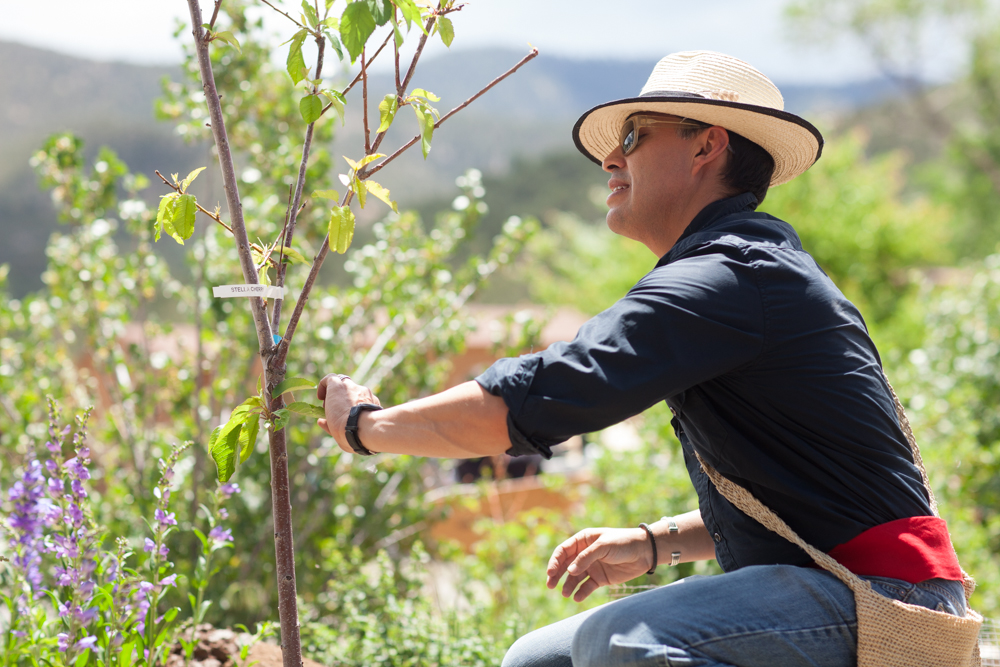Hi Sangha,
I recently listened to a tremendous podcasts from Upaya Zen Center given by KeiDo Troy Fernandez.
In it he mentions an article in The New Yorker entitled: Improving Ourselves to Death, the article discusses the Self Improvement craze, and while well-meaning, is really profiting on making us feel as if we aren't good enough, as if we always have something to improve.
I am suggesting you listen to the entire podcast (The New Yorker article is only briefly mentioned), but as someone who works in an industry where self-improvement gurus are beloved, here are some highlights of the article:
I'll admit the article can get a bit heady. It compares a few differing philosophies and writers. The overall point rang very true to me - we're constantly being force fed "how to be better". Sure, some of it is fine, but of course - middle path.
As someone who has been thrown into the hilarious dance of running a large and rapidly growing marketing company - all of his podcast resonates with me. I loved KeiDo's stories of leaving a major Fortune 500 company, his stories of bring a zafu into the office and his manageble tips for bringing awareness off of the Zafu.
He also has some great stories of him and his aging grandmother - who helped one another find comfort in awareness.
You can find the podcast here, though if you don't want to insert your email (it's for Upaya's newsletter, not bad tbh), it's available free on iTunes as well.
Gassho, Gassho,
I genuinely hope you're all having a great weekend.
-ST/LAH
Rakurei
I recently listened to a tremendous podcasts from Upaya Zen Center given by KeiDo Troy Fernandez.
In it he mentions an article in The New Yorker entitled: Improving Ourselves to Death, the article discusses the Self Improvement craze, and while well-meaning, is really profiting on making us feel as if we aren't good enough, as if we always have something to improve.
I am suggesting you listen to the entire podcast (The New Yorker article is only briefly mentioned), but as someone who works in an industry where self-improvement gurus are beloved, here are some highlights of the article:
In our current era of non-stop technological innovation, fuzzy wishful thinking has yielded to the hard doctrine of personal optimization. Self-help gurus need not be charlatans peddling snake oil. Many are psychologists with impressive academic pedigrees and a commitment to scientific methodologies, or tech entrepreneurs with enviable records of success in life and business. What they’re selling is metrics. It’s no longer enough to imagine our way to a better state of body or mind. We must now chart our progress, count our steps, log our sleep rhythms, tweak our diets, record our negative thoughts—then analyze the data, recalibrate, and repeat.
Where success can be measured with increasing accuracy, so, too, can failure. On the other side of self-improvement, Cederström and Spicer have discovered, is a sense not simply of inadequacy but of fraudulence. In December, with the end of their project approaching, Spicer reflects that he has spent the year focussing on himself to the exclusion of everything, and everyone, else in his life. His wife is due to give birth to their second child in a few days; their relationship is not at its best. And yet, he writes, “I could not think of another year I spent more of my time doing things that were not me at all.” He doesn’t feel like a better version of himself. He doesn’t even feel like himself. He has been like a man possessed: “If it wasn’t me, who was it then?”
And Brinkmann does offer some advice that seems immediately worth taking. Go for a walk in the woods, he says, and think about the vastness of the cosmos. Go to a museum and look at art, secure in the knowledge that it will not improve you in any measurable way. Things don’t need to be of concrete use in order to have value. Put away your self-help guides, and read a novel instead. Don’t mind if I do.
As someone who has been thrown into the hilarious dance of running a large and rapidly growing marketing company - all of his podcast resonates with me. I loved KeiDo's stories of leaving a major Fortune 500 company, his stories of bring a zafu into the office and his manageble tips for bringing awareness off of the Zafu.
He also has some great stories of him and his aging grandmother - who helped one another find comfort in awareness.
You can find the podcast here, though if you don't want to insert your email (it's for Upaya's newsletter, not bad tbh), it's available free on iTunes as well.
Gassho, Gassho,
I genuinely hope you're all having a great weekend.
-ST/LAH
Rakurei



Comment